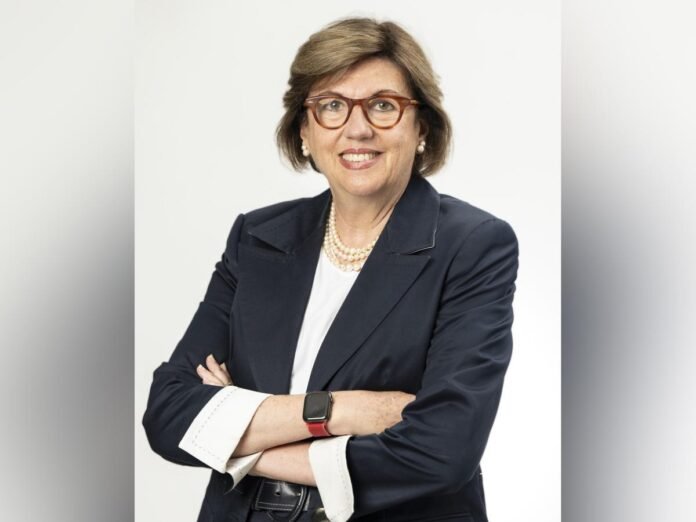Qatar is gaining international recognition for its pioneering efforts to provide education to children affected by conflict. Its progressive funding approach and leadership commitment are driving global impact.
Laura Frigenti, Chief Executive Officer of the Global Partnership for Education (GPE), praised Qatar’s longstanding advocacy for education, particularly through the Education Above All (EAA) Foundation. She highlighted that the country’s efforts have been instrumental in reaching out-of-school children in regions hit by war and instability.
“Her Highness Sheikha Moza bint Nasser has been a global champion for education at a time when few speak up for it. Her voice has helped keep this agenda at the forefront,” Frigenti said.
GPE and EAA have collaborated for over a decade to ensure children in crisis-hit areas have the opportunity to continue learning and growing. Despite the challenges surrounding them, Frigenti noted that Qatar has moved away from traditional grant-based assistance. The country has adopted a strategy of “additionality,” leveraging its own resources to attract further investment for global education development.
In 2022, the Qatar Fund for Development (QFFD), through the EAA Foundation, pledged $20 million to GPE to support education initiatives for children globally. This commitment aims to improve access to inclusive and quality education in some of the world’s most fragile contexts.
Frigenti reaffirmed the importance of these partnerships in the face of growing global conflicts. Over 473 million children are currently living in areas impacted by violence. This disrupts education systems and halts the progress made over the past two decades.
She emphasized that schools offer more than academics—they provide stability, structure, and emotional support for children. “Being in school gives children a sense of normalcy and belonging. Taking that away impacts not only their learning but also their psychological well-being,” she explained.
GPE’s mission is to minimize the time children spend out of school. Its work in conflict zones has included paying teachers in Yemen, rebuilding schools in Syria, and supporting refugee education efforts in Chad. Special attention has been given to girls’ education, with programs designed to make schools safer and more accessible for female students.
Frigenti stressed the need to move from short-term emergency responses to sustainable, long-term solutions. Integrating refugee children into national education systems and preparing them for the job market is crucial.
“This is a critical moment for education and global development. While the challenges are immense, Qatar’s leadership and innovative approach offer a pathway forward,” she said.


